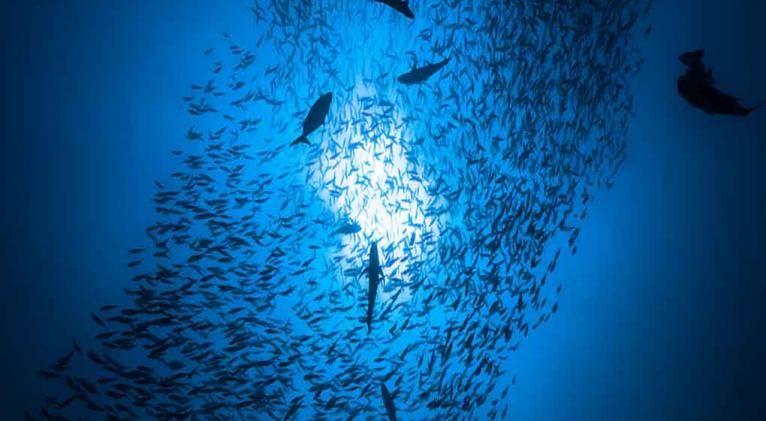
United States, July 10. - Despite human impacts on global wildlife diversity, many deep-sea fish communities retain their uniqueness, according to a study published in the journal PLOS Climate.
Globalization and land-use change have led to widespread homogenization (or the loss of unique species combinations) in terrestrial and freshwater ecosystems, noted researchers led by Zoë Kitchel, a former member of Rutgers University in the USA.
However, until this study, it was largely unknown whether the oceans were also experiencing this loss of uniqueness across space.
“We found that, overall, fish communities living in soft-bottom habitats on continental shelves around the world are not homogenizing uniformly,” they noted.
Rather, diversity trends are region-specific, with places like the Western Atlantic experiencing homogenization, unlike places like Portugal and Greenland, which experience an opposite trend toward greater uniqueness.
“We found that community composition is highly dynamic over time, varying from a more homogenized to a more heterogeneous state and vice versa within a few years. This suggests that these fish communities are resilient to environmental change,” they noted.
Kitchel and her collaborators analyzed data from scientific trawl fisheries analyses to identify trends in deep-sea fish diversity.
These studies included more than 175,000 samples composed of more than 2,000 species of deep-sea fish from 34 regions and spanning six decades. (Text and Photo: Cubasí)